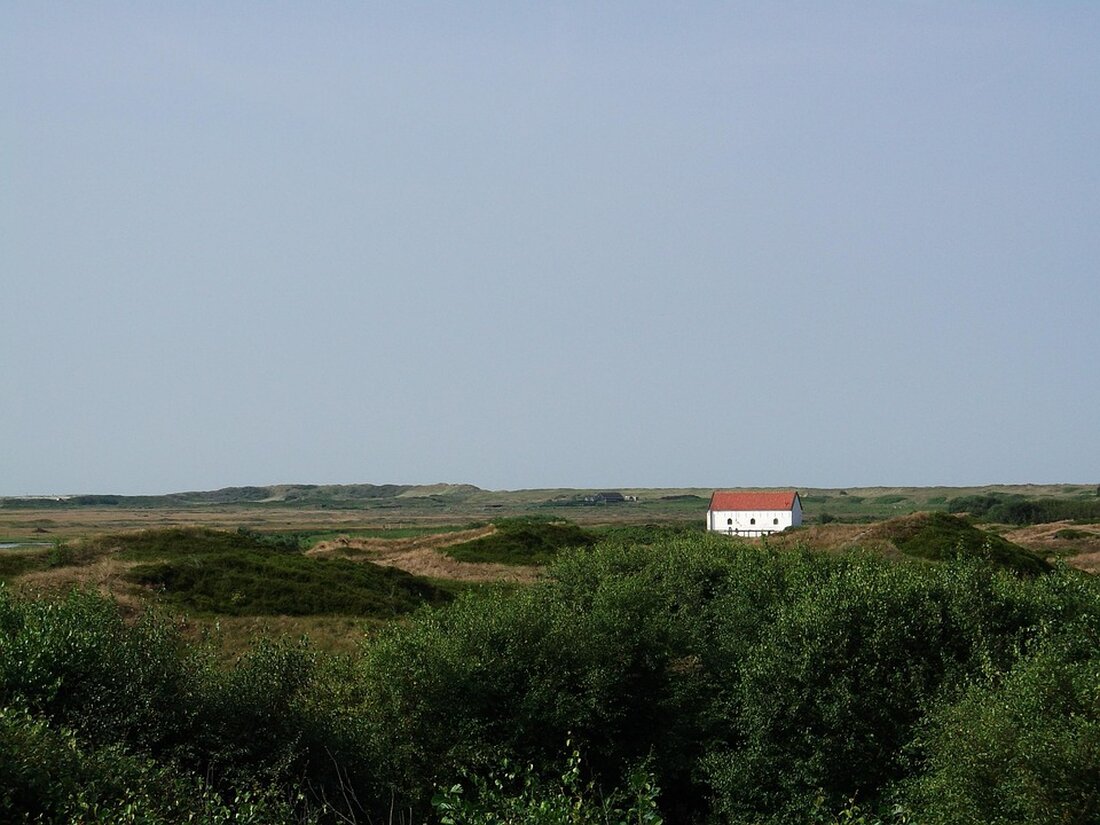Spiekeroog in danger: climate change is causing the island to sink into the sea!
Climate change threatens the North Sea island of Spiekeroog; Scientists warn of high sea levels and necessary coastal protection measures.

Spiekeroog in danger: climate change is causing the island to sink into the sea!
The North Sea island of Spiekeroog is facing serious threats due to the effects of climate change and rising sea levels. According to reports from t online It is predicted that in the temperate scenario sea levels will rise by 47 cm by the year 2100, while in the worst case scenario a rise of up to 140 cm is possible. Under these circumstances, the salt marshes and the northern beach of Spiekeroog would largely disappear under water.
What is particularly worrying is that in the worst scenario, only the island town and the Hermann Lietz School would remain visible, while the Hellerpad would be partially flooded. The Reichelwiesen and the historic railway station would be completely swallowed up by the sea. Similar, although less drastic, effects can also be expected for the area around the island of Norderney, especially in the entire eastern part and around the airport, where the loss of land would, however, not be as serious.
Coastal protection measures required
To address these challenges, Christian Meyer, Lower Saxony's Environment Minister, highlighted the tangible consequences of the climate crisis and emphasized the urgency of coastal protection measures. There is also an increased risk of flooding in East Frisia due to climate change. Here, around 1.2 million residents are protected against floods by dikes, locks and pumps German climate portal reported.
A new project called WAKOS (Water on the Coasts of East Frisia) was initiated to determine future protection needs. The Federal Ministry of Education and Research is providing 2.3 million euros for this. The project is coordinated by the Helmholtz Center Geesthacht (HZG) in collaboration with several partners, including the Lower Saxony State Office for Water Management, Coastal and Nature Conservation (NLWKN-FSK) as well as universities in Hamburg, Oldenburg and the Jade University.
Climate research and regional measures
The aim of the WAKOS project is to combine coastal protection and inland drainage. Previous research projects in the region have already provided valuable insights into the effects of climate change. As part of the current project, climate models are being created that simulate possible temperature increases between 1.5 and 4 degrees Celsius and their effects on storm surges and sea waves.
A social science part examines the information needs of the locals and jointly develops strategies for the future. In addition, the University of Oldenburg is conducting an investigation into changes in freshwater resources and their influence on water supplies. The Jade University is also active by leading a work package to improve regional water balance and water management models.
Overall, these initiatives underline the need to adapt to the challenges of climate change and effectively protect the coastal region. Therefore, the question of how to mitigate land and habitat loss in the coming decades remains crucial.

 Suche
Suche
 Mein Konto
Mein Konto